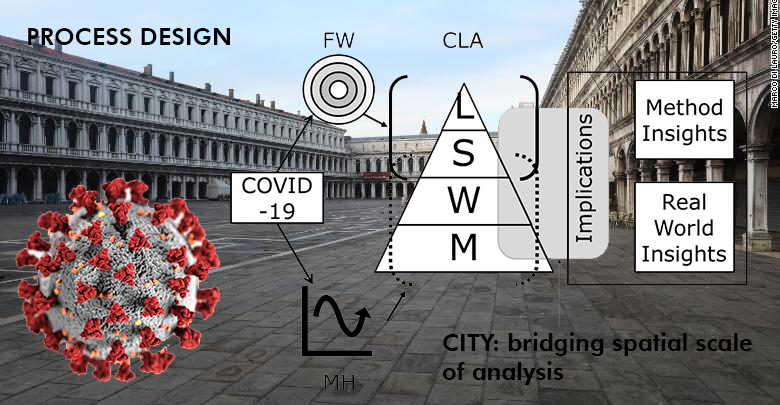

Such a type can be either introverted or extraverted. when the life of an individual is mainly ruled by reflective thinking so that every important action proceeds from intellectually considered motives, or when there is at least a tendency to conform to such motives, we may fairly call this a thinking type. When supremacyamong the psychological functions is given to thinking, i.e. As a rule, one or other function predominates, in both strength and development. It is a fact of experience that all the basic psychological functions seldom or never have the same strength or grade of development in one and the same individual. The vertiginous abundance of the socalled scientific literature of to-day owes a deplorably high percentage of its existence to this misorientation. But, whenever thinking primarily depends not so much upon external facts as upon an accepted or secondhand idea, the very poverty of the idea provokes a compensation in the form of a still more impressive accumulation of facts, which assume a one-sided grouping in keeping with the relatively restricted and sterile point of view whereupon many valuable and sensible aspects of things automatically go by the board. Such ideas as «matter» or «energy» are suitable for this purpose.

This must consist in an idea, just as simple as it is universal, which shall give coherence to the heaped-up but intrinsically disconnected whole, or at least it should provide an inkling of such a connection. The oppressive mass of more or less disconnected individual experiences produces a state of intellectual dissociation, which, on the other hand, usually demands a psychological compensation. When, as the result of a reinforced objective determination, extraverted thinking is subordinated to objective data, it entirely loses itself, on the one hand, in the individual experience, and proceeds to amass an accumulation of undigested empirical material.


 0 kommentar(er)
0 kommentar(er)
